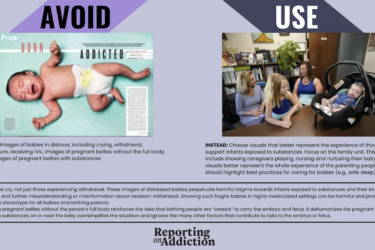
Data is the new king of journalism, but when it comes to some aspects of the social sciences – such as the social determinants of health – the numbers can be a bit tricky to nail down.
That may be changing. The U.S. Department of Health recently announced two separate initiatives targeting health disparities.
First, the Centers for Medicare and Medicaid Services (CMS) this month announced a pilot program to tie medical services for beneficiaries to housing, food, transportation and other social services.
Under the program, known as the Accountable Health Communities Model, so-called “bridge organizations” will screen seniors, low-income and disabled individuals who receive care under the two government-run insurance programs to see whether they face issues “such as housing instability, food insecurity, utility needs, interpersonal violence, and transportation limitations, and help them connect with and/or navigate the appropriate community-based services.”
Bridge organizations could then help beneficiaries apply for community-based assistance, such as help with paying their electric or other utility bills, according to HHS.
“For decades, we’ve known that social needs profoundly affect health, and this model will help us understand which strategies work to help improve health and spend dollars more wisely,” Dr. Patrick Conway, CMS deputy administrator and chief medical officer, said in a release announcing the $157 million effort.

In December, the National Institutes of Health made another call announcing available funds to study the wide variety of factors from culture and family to the environment on children’s health and how to reduce health gaps among the nation’s youngest residents.
The agency, in a notice, said the “initiative encourages research that targets the reduction of health disparities among children.” It called for studies looking at additional factors such as:
- Biological, such as genes.
- Lifestyle.
- Social.
- Economic.
- Institutional.
- Family influences.
Eligible studies also could look at health promotion, it said. The initiative, first announced in 2013 and called Reducing Health Disparities Among Minority and Underserved Children, is particularly focused on efforts focused on multilevel intervention efforts, according to the agency
To be sure, the results won’t come anytime soon. CMS’s initiative is a five-year program, and NIH’s funding opportunity doesn’t expire until January 2017.







